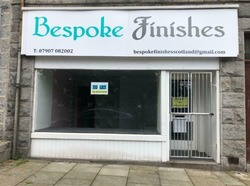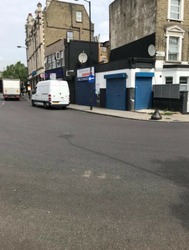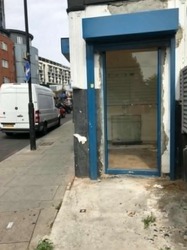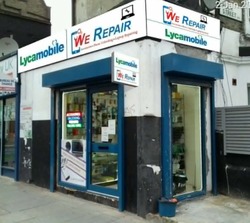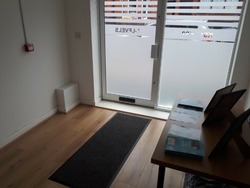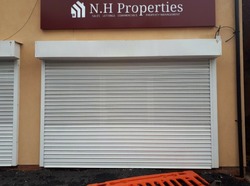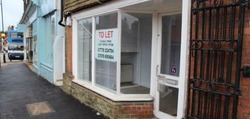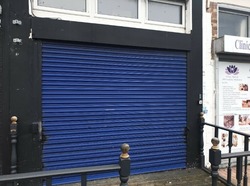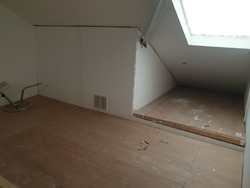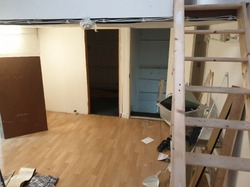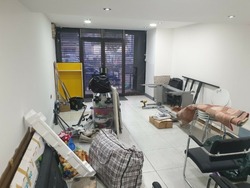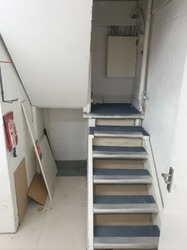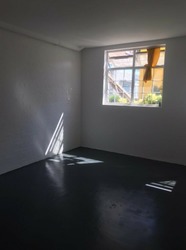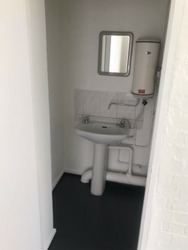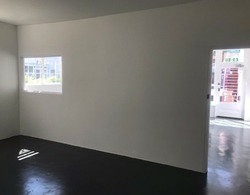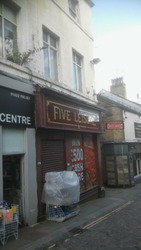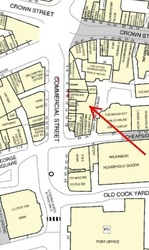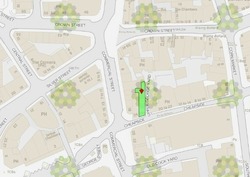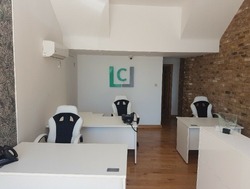Aberdeen, Scotland
Per Month
Shop avail. for rent at 57 Elmbank Terrace. Would suit grocer, barber, hairdresser, coffee shop, a tattoo shop. Available immediately.
Islington, North London
Per Month
Shop to Let at a prime location opposite Finsbury Park station used to be a phone shop before. The shop is small but ideal for mobile...
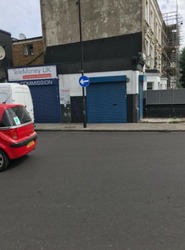
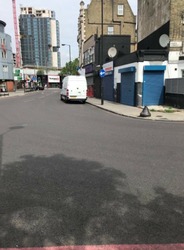
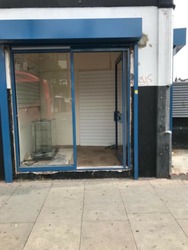
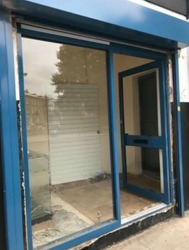
Birmingham, West Midlands
Per Month
Rent offer of £350pcm for three months ** rent will increase to market value in three months ** offers in the region of...



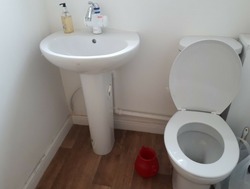
Birmingham, West Midlands
Per Month
Rent offer of £450pcm for three months ** rent will increase to market value in three months ** region of £800pcm midland...
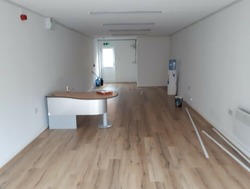
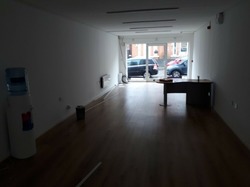
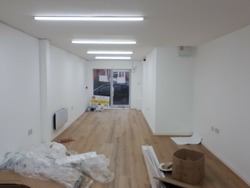
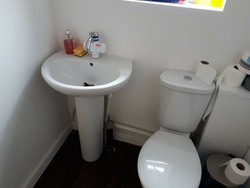
Haslemere, Surrey
Per Month
Shop/Office to let in Lower Street, Haslemere. Lease terms negotiable. Shop/Office to rent.
Gateshead, Tyne and Wear
Per Week
+ £3,380 per annum (£65pw). + Total area 314sqft (29sqm). + Shop located towards the top of Felling...
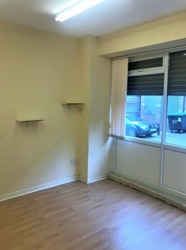
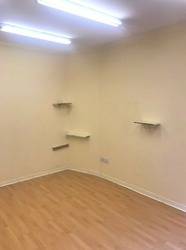
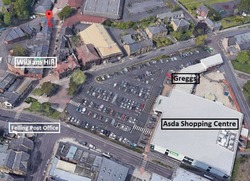
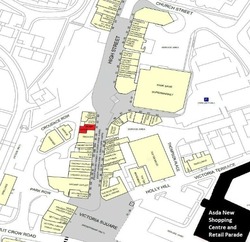
City of London, Central London
Per Month
Workshop available (with a shop front and upstairs offices) which measures 869.61 square feet (80.79 square meters). The price for it is...
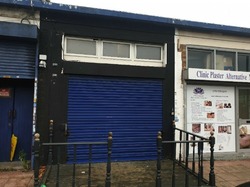
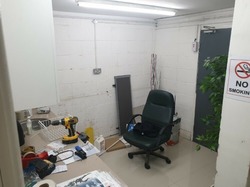
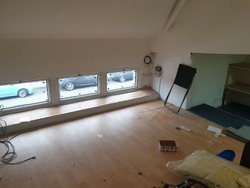
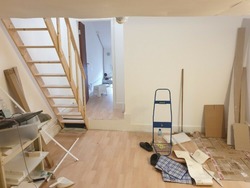
Haringey, North London
Per Month
Ground floor light-filled shop space sitting right at the entrance to Florentia Clothing Village. This space boasts all day sun...
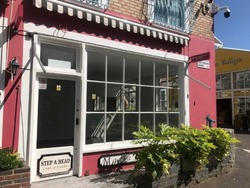
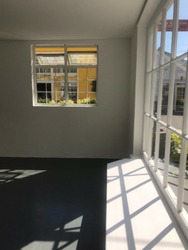
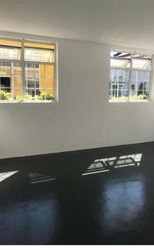
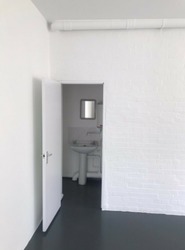
Halifax, West Yorkshire
Per Month
Former Amusement Arcade with kitchen, toilet and stores on the ground floor along with an easily accessible first floor. ...



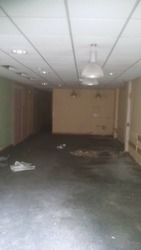
Wandsworth, South West London
Per Month
Well proportioned and modernised shop unit with A2 Office use class, situated on Wandsworth High Street (next door to Police station)...
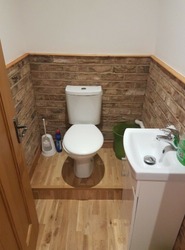
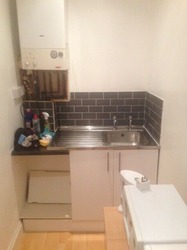

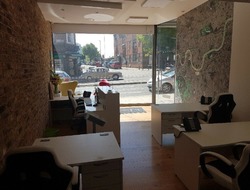
Popular Locations
- Shops to Rent in City of London
- Shops to Rent in Birmingham
- Shops to Rent in Glasgow
- Shops to Rent in Manchester
- Shops to Rent in Edinburgh
- Shops to Rent in Bristol
- Shops to Rent in Leicester
- Shops to Rent in Leeds
- Shops to Rent in Southampton
- Shops to Rent in Bradford
- Shops to Rent in Nottingham
- Shops to Rent in Liverpool
- Shops to Rent in Belfast
- Shops to Rent in Sheffield
- Shops to Rent in Harrow
- Shops to Rent in Coventry

